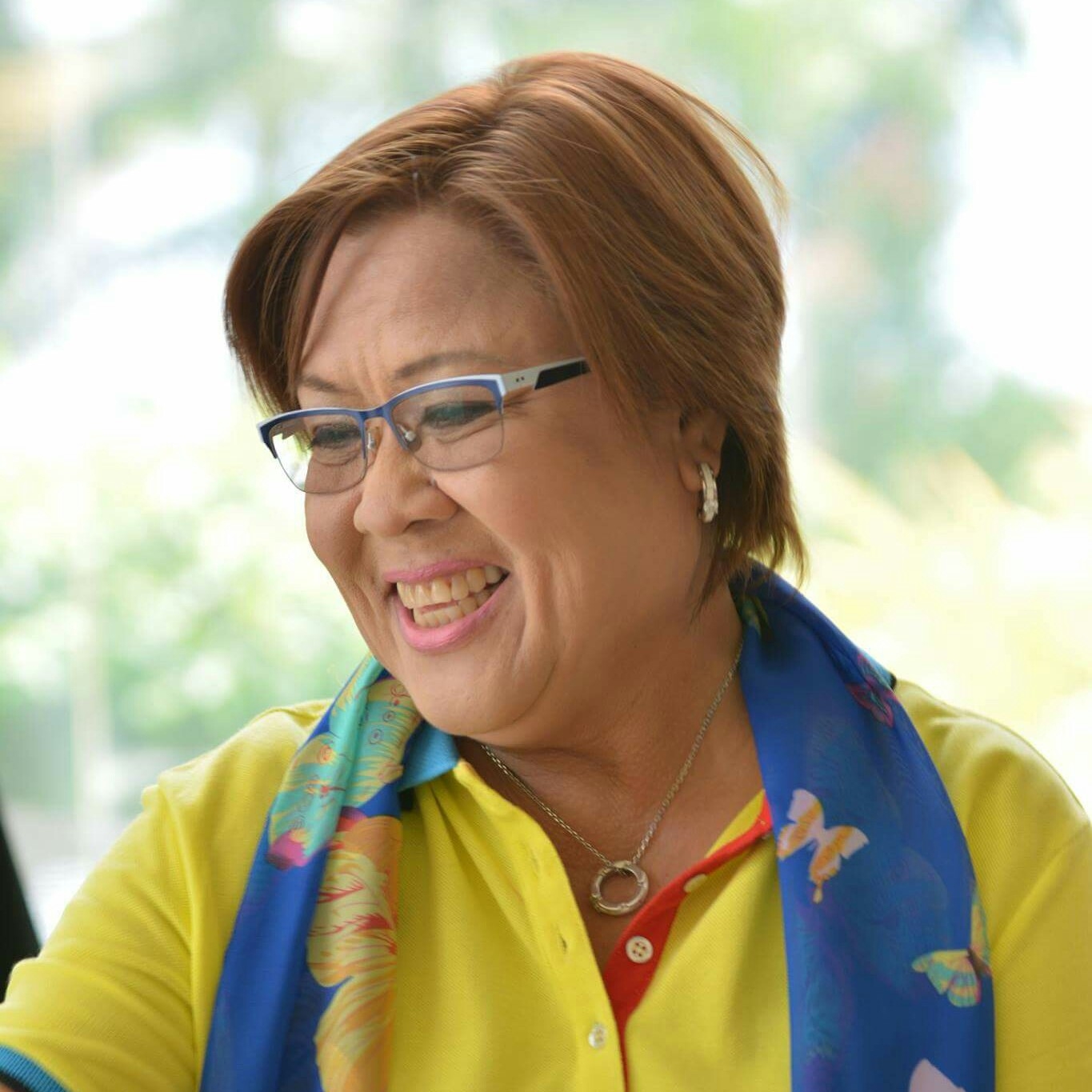The International Commission of Jurists (ICJ) welcomes the decision of a Philippine Regional Trial Court dismissing the last of several drugs-related charges brought against human rights defender and former Senator Leila de Lima, based on the prosecution’s failure to prove her guilt beyond reasonable doubt.
“The decision to clear Leila de Lima of all spurious and politically motivated drug charges is a long-awaited moment of vindication for de Lima who was arbitrarily detained for several years in reprisal for courageously doing her job as an elected official and speaking truth to power,” states Melissa Upreti, ICJ Regional Director for Asia and the Pacific.
The proceedings over the years were replete with human rights violations, including the right to liberty and the right to fair trial, as found by the UN Working Group on Arbitrary detention.
The ICJ calls upon the Philippine authorities to ensure that Leila De Lima has access to an effective remedy and reparation for these violations, and that officials responsible are held to account.
The Philippine government must also establish safeguards to ensure the integrity of its prosecutorial processes and to prevent the recurrence of abuses of prosecutorial power.
Leila De Lima faced three drug-related charges, which she consistently denied, asserting they were retaliatory actions for her opposition to former President Rodrigo Duterte. As the chairperson of the Philippine Commission on Human Rights, she investigated the Davao Death Squad, implicating Duterte, then the mayor of Davao City. Later, as a Senator, she became one of Duterte’s most vocal critics, condemning his “war on drugs”, which led to thousands of deaths and involved human rights violations constituting crimes under international law.
Background
Leila De Lima remained in detention from February 2017 and was only granted bail in November 2023. This included a nearly eight-month period during which she awaited the resolution of her petition for certioriari and prohibition filed before the Supreme Court of the Philippines, asking for the issuance of a temporary restraining order against her arrest. She was arraigned by a Regional Trial Court in only in August 2018, or at least 18 months after her arrest.
De Lima secured her first case dismissal in 2021 when a Regional Trial Court in Muntinlupa City, Metro Manila granted her demurrer to evidence, absolving her of illegal drug trading charges and clearing her of associations with an alleged drug lord.
In May 2023, she was acquitted in a second drug-related case by another trial court, which found reasonable doubt due to the recantation of a key witness. In this case, De Lima was accused of violating section 5 of the Comprehensive Dangerous Drugs Act of 2002 that penalizes the “sale, trading, administration, dispensation, delivery, distribution and transportation of illegal drugs.”
The final drug case related to allegations that the De Lima received money from inmates to allow them to sell drugs inside the national penitentiary while she was justice minister from 2010-2015. This was ultimately resolved with the granting of De Lima’s motion for demurrer to evidence amounting to an acquittal on 24 June 2024 due to the prosecution’s failure to prove guilt beyond reasonable doubt.
During De Lima’s detention and after the Duterte administration, several witnesses withdrew their testimonies, alleging coercion by the Duterte administration’s justice minister, Vitaliano Aguirre II. De Lima also endured a contentious public trial, with congressional hearings led by allies of the former president focusing on her personal relationships with a personal aide.
The UN Working Group on Arbitrary Detention, in its 2028 opinions, determined that Leila De Lima’s deprivation of liberty was arbitrary and imposed through a process that did not respect the basic guarantees of a fair trial. The Working Group held that her detention “resulted from her exercise of rights and freedoms” including the right to political participation, freedom of opinion and expression, thought and conscience, and “from her personal conviction and public statements regarding extrajudicial killings in the Philippines.”
The Philippines is a party to the International Covenant on Civil and Political Rights (ICCPR), which expressly prohibits arbitrary arrest and detention (Article 9), and guarantees the right to a fair and public hearing by a competent, independent and impartial tribunal established by law (Article 14).”
The UN Guidelines on the Role of Prosecutors provides that “prosecutors shall, in accordance with the law, perform their duties fairly, consistently and expeditiously, and respect and protect human dignity and uphold human rights, thus contributing to ensuring due process and the smooth functioning of the criminal justice system.” In addition, prosecutors are to “carry out their functions impartially and avoid all political, social, religious, racial, cultural, sexual or any other kind of discrimination.”




